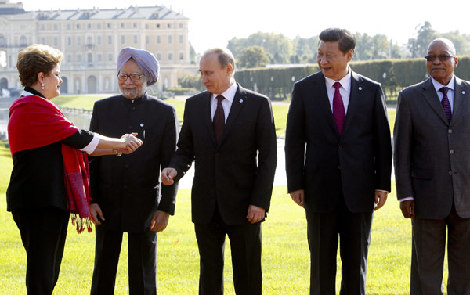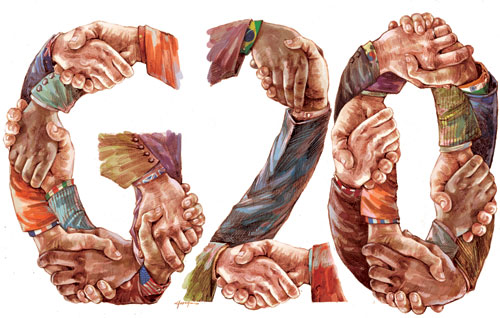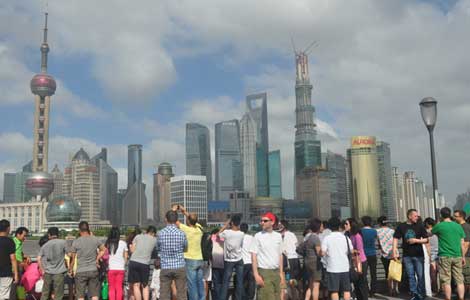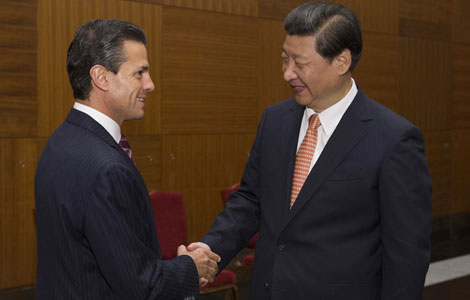For many, Chinese dream means happiness
Updated: 2013-09-06 08:01
By Wang Shanshan in Beijing (China Daily)
|
||||||||
'Easterlin paradox'
Understanding the Chinese mentality is important. In the eyes of researchers, China is a real life, real time experiment in how huge increases in incomes and drastic social change affect people's happiness. Those in the "China experiment" school include leading psychologists and economists, such as Richard Easterlin, an economist at the University of Southern California, and the Nobel Prize laureate Jeffery Sachs, director of the Earth Institute at Columbia University.
The "Easterlin Paradox" was a dominant theory for several decades. In a 1976 study that used data compiled in the US after World War II, Easterlin noted that wealthier individuals are happier than poorer ones at any given time. However, over time, society as a whole does not become happier as it becomes wealthier. Easterlin came to a similar conclusion about China in 2011.
In the last 10 years, opposition to Easterlin has grown, supported by strong evidence, but many economists and psychologists agree that as countries become more developed, policies designed to raise the general level of happiness must target a great deal more than just economic growth.
"Personal psychological status in China now is similar to that in the West after World War II. People are constantly searching for higher incomes, but that quest actually reduces one's level of happiness," said Zhang Jiming, a psychologist at Beijing Normal University.
While it's always nice to have more money, the craving for wealth may damage one's personal happiness, according to an influential 1976 study in which thousands of freshmen students in the US were asked about the importance they attached to personal wealth.
Nineteen years later, at age 37, the former students were re-interviewed. The results indicated that those who cared most about money were less happy with life in general and also with their family life, friendships and jobs.
However, the most important driver of the Easterlin paradox is that individuals compare themselves with those around them. People are happier when they are higher than others on the social or income ladder. Neurologists and psychologists have repeatedly proved that individuals compare themselves with a large number of other people and feel strongly about it.
According to the General Social Survey conducted in the US between 1975 and 2006, regular TV watchers see so many wealthy people on the screen that they underestimate their own incomes and feel worse about their lives.

 China, Russia a step closer on gas supply
China, Russia a step closer on gas supply
 18-year-old panda conceives triplets
18-year-old panda conceives triplets
 Testing times for G20 leaders
Testing times for G20 leaders Homemade choppers make aerobatic stunt debut
Homemade choppers make aerobatic stunt debut
 World-class partners bring NBA global games to Chinese fans
World-class partners bring NBA global games to Chinese fans
 Shanghai's visa-free policy lifts tourism
Shanghai's visa-free policy lifts tourism
 Panda twin cub born at Atlanta Zoo
Panda twin cub born at Atlanta Zoo
 Xi, Mexican president meet for third time
Xi, Mexican president meet for third time
Most Viewed
Editor's Picks

|

|

|

|

|

|
Today's Top News
China, Russia a step closer on gas supply
Japan to test wall for leaking water
Low-budget education abroad for working-class
Shanghai's visa-free policy lifts tourism
Brazil asks for apology from US on spying
Xi calls for closer G20 ties
US service providers eye China
Commuter aviation expected to take flight soon
US Weekly

|

|





